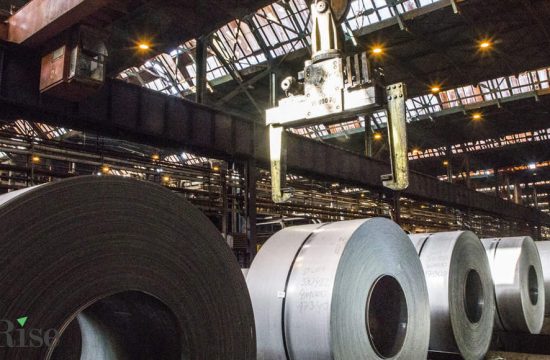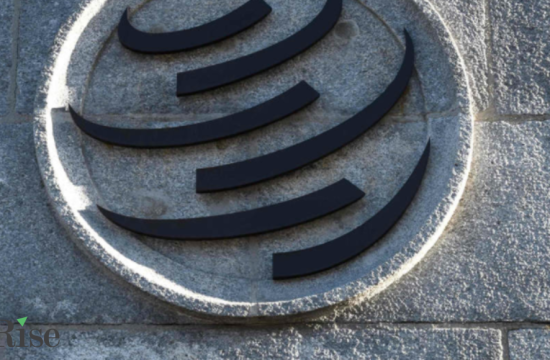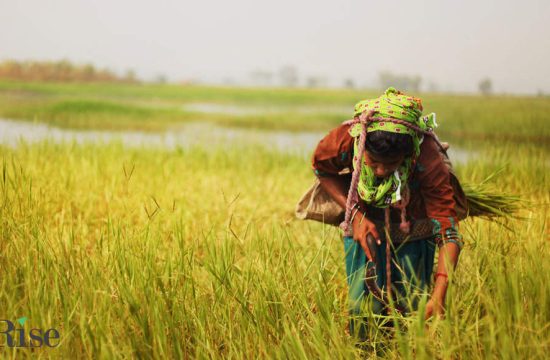Foot traffic is slowly returning to Brattle Street and Harvard Square in Cambridge, Massachusetts, but local small businesses are still suffering from the extended coronavirus lockdown.
Lane Turner/The Boston Globe via Getty Images
EIDL loans
The EIDL Advance program, created by the CARES Act, gave emergency grants to small businesses within three days of their application being filed.
The grants don’t have to be repaid, even if an application for an EIDL loan — which offers up to $ 150,000 in funding — was ultimately denied.
However, the grants were plagued by long delays and changing rules that frustrated entrepreneurs.
It took some business owners several weeks to get what was meant to be fast cash. The SBA also capped the amount of funding at $ 1,000 per employee, diverging from the CARES Act’s original intent of paying any sum requested by a business owner up to $ 10,000.
Nearly 6 million businesses received funding through the EIDL Advance program, according to the SBA.
Relief running out
However, businesses are still struggling and many have already exhausted other sources of aid.
The Paycheck Protection Program, also created by the CARES Act, offers small businesses low-interest loans that convert into grants if funds primarily go toward payroll costs, among other parameters.
However, more than half — 56% — of PPP borrowers have spent their loan funding, and the remaining 44% are likely not far behind, according to a recent survey by the National Federation of Independent Business, a trade group.
Businesses that received a loan can’t apply for a second round of funding, absent additional intervention from lawmakers. Businesses that haven’t yet gotten a PPP loan can apply through Aug. 8.
Yet many small businesses are still struggling. Of those that applied for a PPP loan, a disaster loan or both, 46% expect to need additional financial support over the next 12 months, according to the federation.
Some states, including California, Nevada and Texas, and cities like Atlanta have reimposed some business closures to contain rising coronavirus infections.









